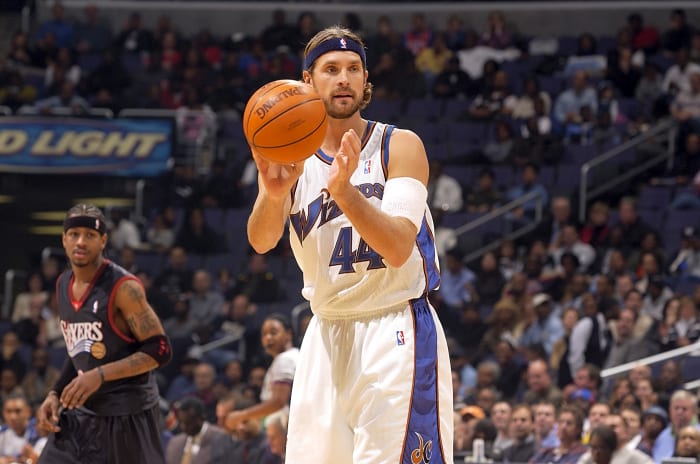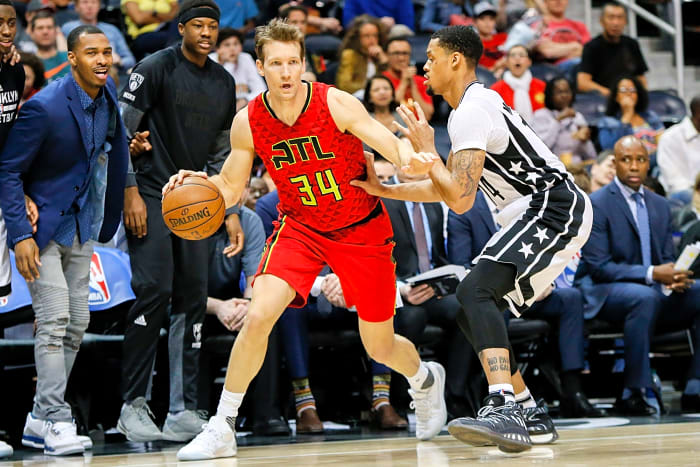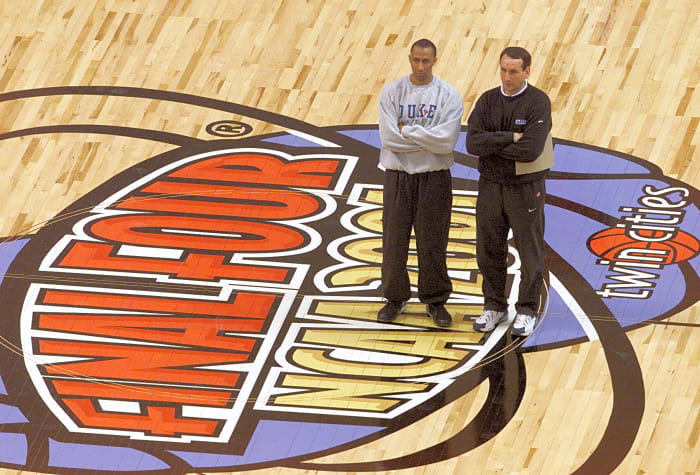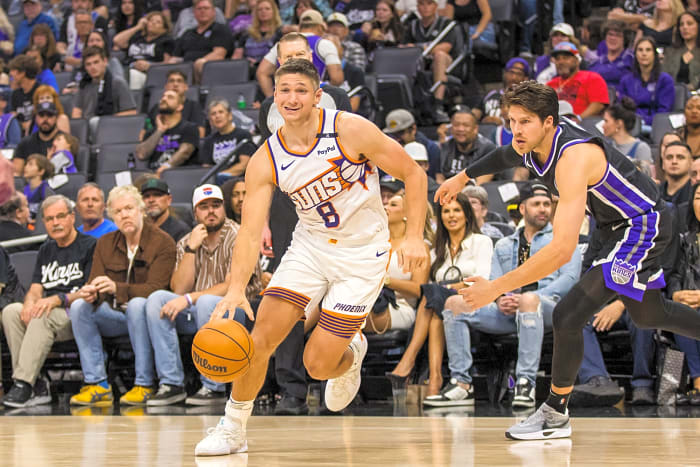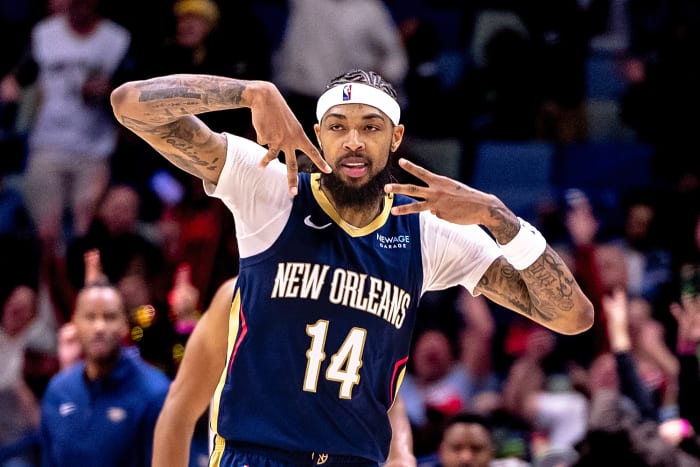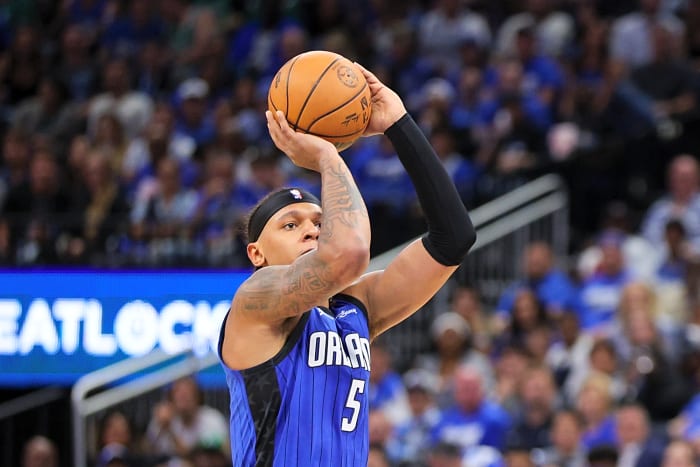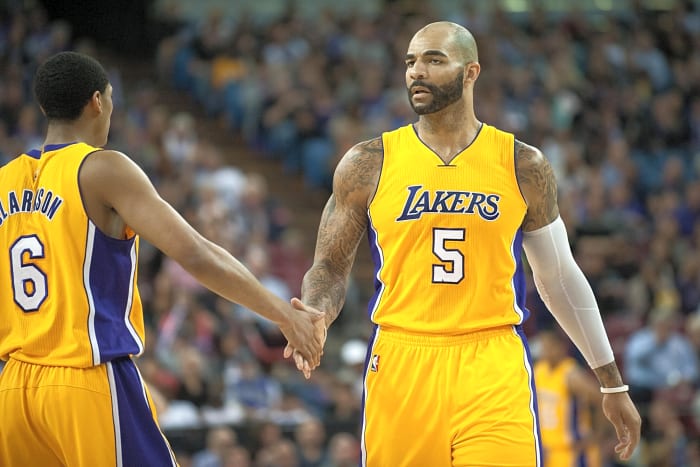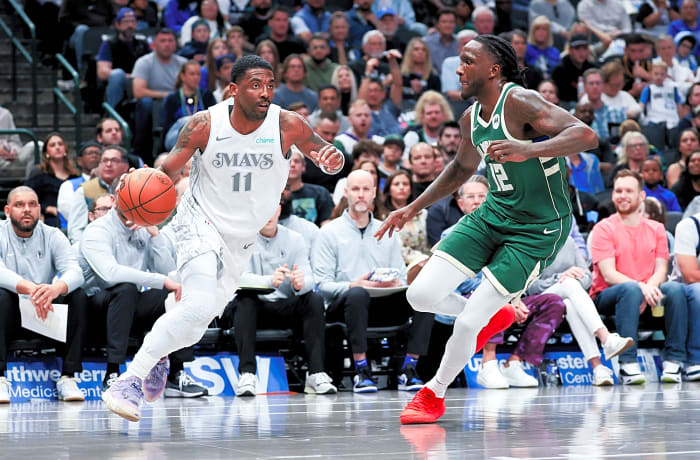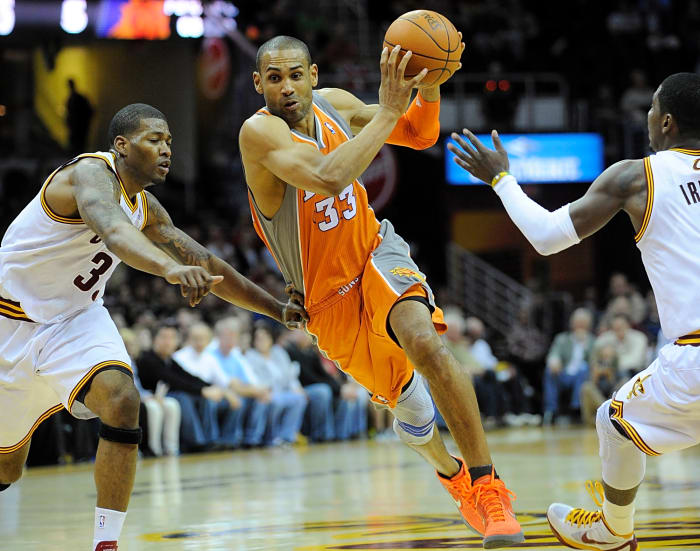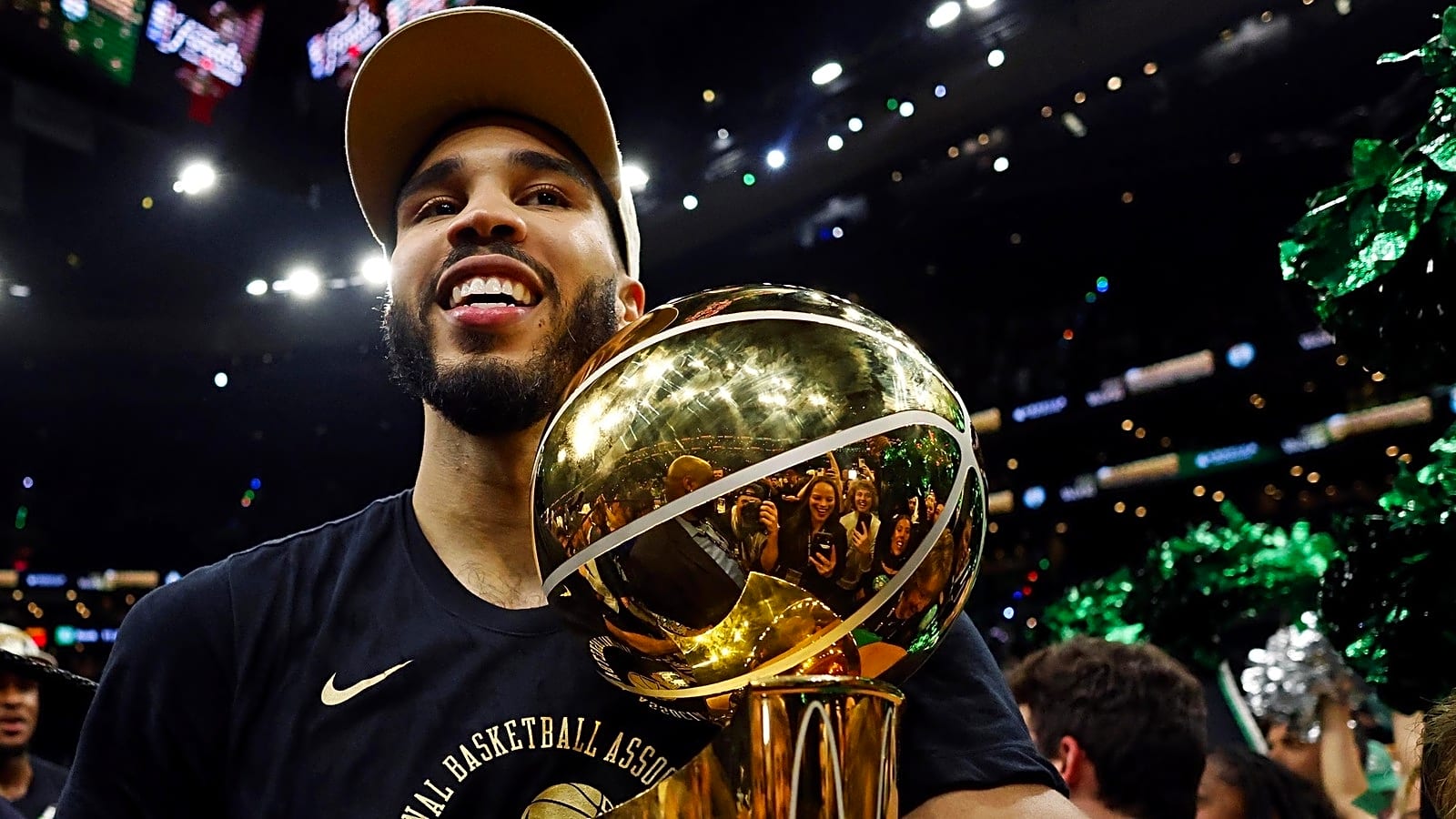
The 25 greatest NBA players who went to Duke
Cooper Flagg is the latest in a long line of notable Duke Blue Devils to make it into the NBA. This, of course, is destined to make him polarizing. Duke is one of the most successful, but also most loathed, college basketball programs, but the path from Duke to the NBA has been robust. Plus, not everybody has been completely unlikeable.
Not every Duke star has made the jump to NBA success story. Some, like Shelden Williams, were drafted high but proved to be busts. Others, like current Duke coach Jon Scheyer, were never conceived of as translating to the NBA to begin with. Someday, Flagg will likely be on the list of the 25 most successful Duke alums when it comes to NBA careers. For now, though, this is the list.
More must-reads:
- No. 11 Vanderbilt stays unbeaten with huge win over No. 13 Alabama
- Jimbo Fisher pulls no punches on 'stupid and selfish' Lane Kiffin
- The 'NFL passing TD leaders by year' quiz
Breaking News
Trending News
Customize Your Newsletter
 +
+
Get the latest news and rumors, customized to your favorite sports and teams. Emailed daily. Always free!
